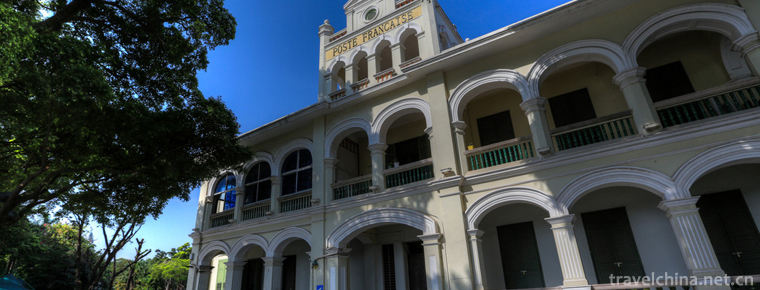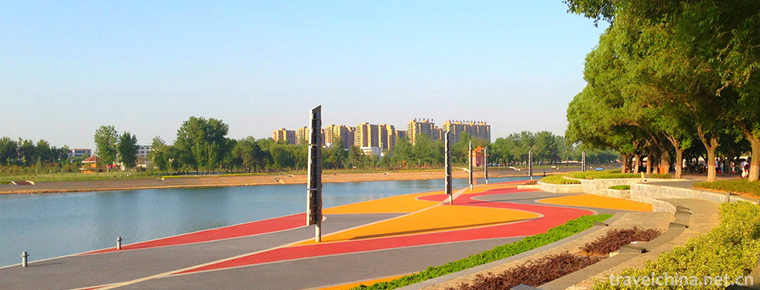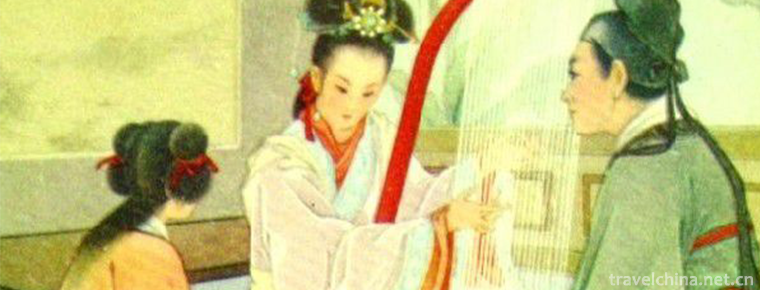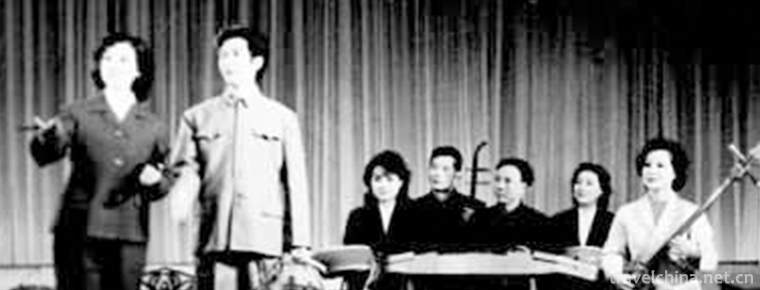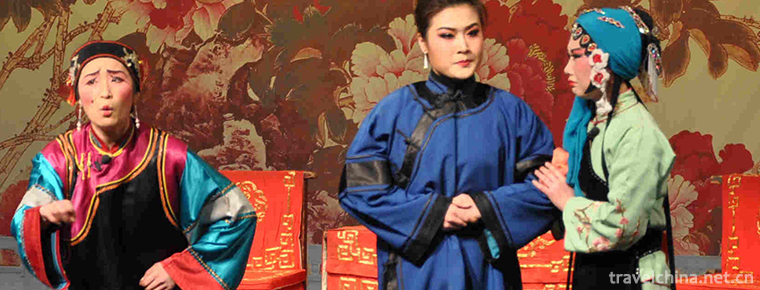The Legend of Shun
The Legend of Shun
Shun's legend is a folk tale of Yuncheng in Shanxi Province.
On May 23, 2011, Shun's legend was approved by the State Council to be included in the third batch of national intangible cultural heritage list.
Historical Origin
Shun was born in Zhufeng Village, Yongji County. His surname is Yao and his name is Chonghua because of his double pupils. Soon after his mother gave birth, he died. His father married a stepmother and gave birth to a man and a woman. The man's name was elephant, and the woman's name was broad head. She was Shun's half-brother and sister.
It is said that when Shun was 20 years old, he became famous for his filial piety. Because he can persevere in filial piety to his parents who abuse and persecute him, he was praised in his youth. Ten years later, Yao chose Shun as his successor, and married his two daughters to Shun to examine his character and ability. Shun not only made the two women live in harmony with the whole family, but also showed outstanding talent and noble personality strength in all aspects. Yao was very happy to learn about this. He gave Shun Haoyi (Xige cloth) and Qin, cattle and sheep, and built warehouses for him. Shun was rewarded with these rewards. The old man and the elephant were very hot-eyed. They wanted to kill Shun and seize the property. He asked Shun to repair the roof of the warehouse, but set it on fire below. Shun relied on two hats as wings and jumped from the house, surviving. Later, he asked Shun to dig a well. The well was very deep. However, he and the elephant filled it with earth. They wanted to plug the well and bury Shun alive in it. Fortunately, Shun was alert in advance and dug a passage beside the wellbore. He went through the passage and hid for some time. The old man and the elephant thought the conspiracy had succeeded. He thought that this idea was his idea. He wanted to play the piano when he shared the things. He also wanted Yao's two daughters to be his wives and to share the cattle, sheep and barn with his parents. The elephant lived in Shun's house and played Shun's piano. Shun went to see him. The elephant was shocked and the elder was unhappy, but he said in his mouth, "I think Shun is just Yu Tao!" Shun also did not take it seriously. As always, he was filial to his parents and friendly to his brothers. He was more sincere and cautious than ever.
Shun left home to cultivate in Lishan because his parents abused him. Nevertheless, he never forgot the kindness of his parents'upbringing, regardless of past suspicions. One day, he saw a female turtle dove flying with a small turtle dove. The female turtle dove caught flying insects from time to time to feed the little turtle. She was very honored. Shun was moved. He missed his parents who were nurturing him, so he could not help singing the song "Sighting for His Family" to say, "You Pi, Shun Shan, Cui Wei, there are birds flying high. Looking at Piquitoes hovering - --- No Zhang Rui thinks about my parents. Living on hard farming days and on moons is like a gallop, and my parents will return home safely. "It means:
Boarding the calendar of Cuiwei,
See two turtledoves flying in the air.
The sun and the moon shuttle like arrows.
I miss my parents, but it's hard to return home!
Shun is indeed a great filial son. He was known for filial piety at the age of 20.
Thirty miles from the north gate of the transportation city, there is Mingtaogang, on which there is a Shun Emperor's Mausoleum Temple. The people of Hedong call it the Shun Emperor Temple. According to the records of Puzhou Prefecture and Jiezhou prefecture, the temple was built in the 26th year of Kaiyuan in Tang Dynasty (738 AD). It was destroyed by earthquake in Ming and Jiajing years, and was rebuilt on a large scale during Wanli years. It has been repaired many times in Qing Dynasty and is still well preserved. The Temple of Emperor Shun is divided into three parts: the outer city, the mausoleum and the imperial city.
Inheritance Significance
Through the cultural bond of Yao and Shun legends and the custom of visiting relatives, the people of the two places have established a close blood relationship. This kinship is a derivative of local beliefs. This faith-based blood relationship is super-historical. There is a local saying that there is no intermarriage between Otter and Lishan because they are already relatives. In fact, even if this blood relationship is true, according to Chinese tradition, "five clothes" are regarded as blood interruption, can be intermarried with each other. This view of non-intermarriage seems to span a long history, directly linking real life with the ancient Yao and Shun times.
This kind of consanguineous geographic relationship, with the help of the media of belief, shows a strong cultural radiation. Family visits are not only related to orangutans and Lishan, but also to all villages along the route of family visits.
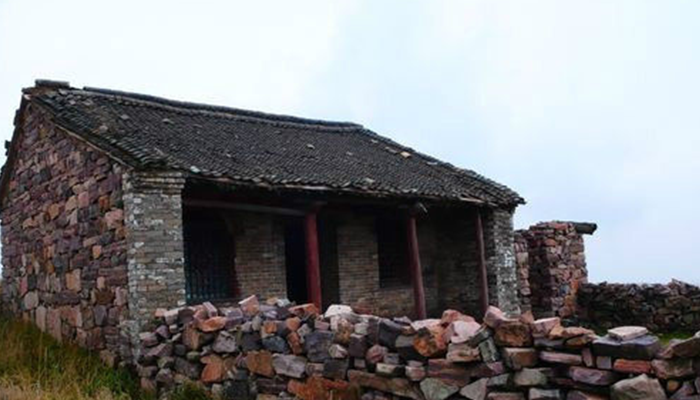
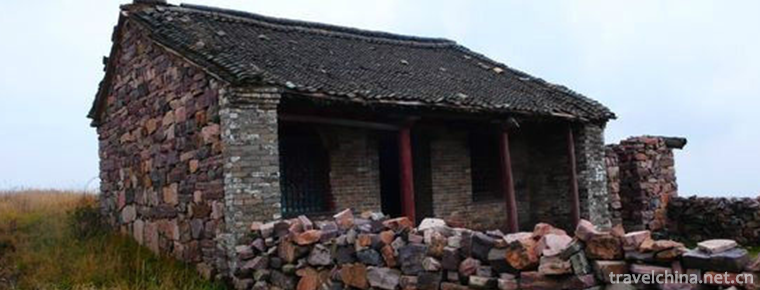
The Legend of Shun
-
Chongqing small noodles
Chongqing small noodles is one of the four characteristics of Chongqing
Views: 325 Time 2018-10-12 -
zhangjiajie national forest park Avatar Filming place
Zhangjiajie national Forest Park is located in Zhangjiajie City, northwest of Hunan province. On September 25, 1982, with the approval of the State Council of the People's Republic of China
Views: 245 Time 2018-10-28 -
Aerge Mountains
Mount Alge, A'erge Mountains, a mountain range at the junction of Xinjiang Uygur Autonomous Region, Tibet Autonomous Region and Qinghai Province, China.
Views: 272 Time 2018-11-01 -
Taihang Grand Canyon
Linzhou Taihang Grand Canyon, located in the northwest of Henan Province and Linzhou City in the eastern foot of the southern Taihang Mountains
Views: 283 Time 2018-12-09 -
Shali River Scenic Area
Shali River Scenic Spot, located in Luohe City, Henan Province, is built on the basis of Shali River and Lihe River. The total area of the scenic spot is 86 square kilometers
Views: 186 Time 2019-02-07 -
Legend of Peacock Flying Southeast
Peacock Flying Southeast is the earliest long narrative poem in the history of ancient Chinese literature, and also the best folk narrative poem in ancient China. Ancient Chinese folklore stories
Views: 315 Time 2019-05-10 -
Sichuan ballad singing
Sichuan Qingyin, formerly known as Pipa and Yueqin, is one of the traditional operas in Sichuan Province. In the 1930s, Qingyin Song Concerts or Improvement Meetings were set up in Chengdu and Chongqi
Views: 216 Time 2019-06-16 -
Wuyin Opera
Wuyin opera has a history of nearly 300 years. Its singing style is graceful and charming. It is known as "Northern Yue Opera". Its occurrence, development and finalization have gone through
Views: 147 Time 2019-06-29 -
Anhui University Of Science & Technology(aust)
Anhui University Of Science And Technology is located in Anhui province. Huainan City Yes. Anhui higher education revitalization program Local characteristics High level University Construction, proje
Views: 565 Time 2019-10-10 -
Ganzi Zanba
"Zanba" is the Tibetan transliteration of fried noodles. It is a staple food that Tibetan people must eat every day. If you are a guest of Tibetan compatriots' homes, the host will bring you fragrant milk tea and highland barley fried noodles, golden butter and milk yellow "Qula" (casein) and sugar stacked on the table.
Views: 98 Time 2020-12-06 -
Safety production in Leshan
By the end of 2018, there were 81 production safety accidents in Leshan City, with 73 deaths and a direct economic loss of 19.0522 million yuan. Among them, there was one major accident and no major or above production safety accident. In 1132 traffic
Views: 196 Time 2020-12-17
